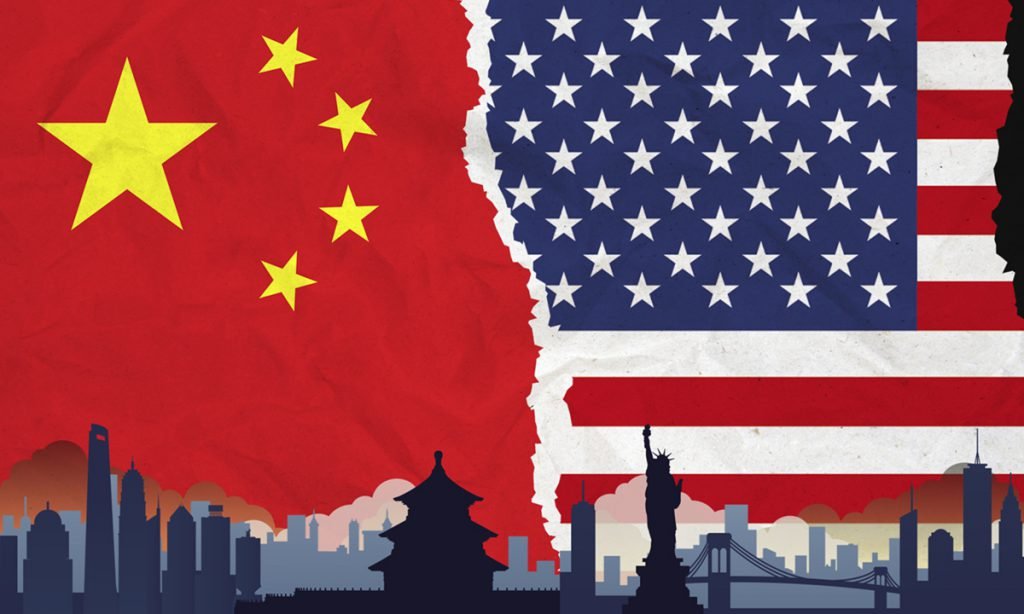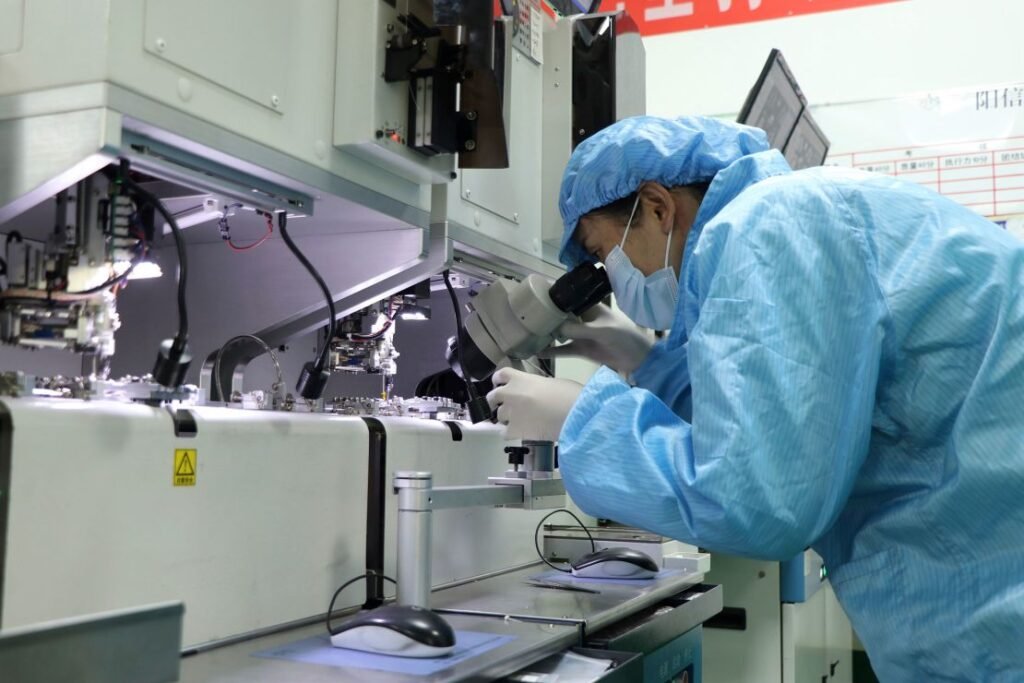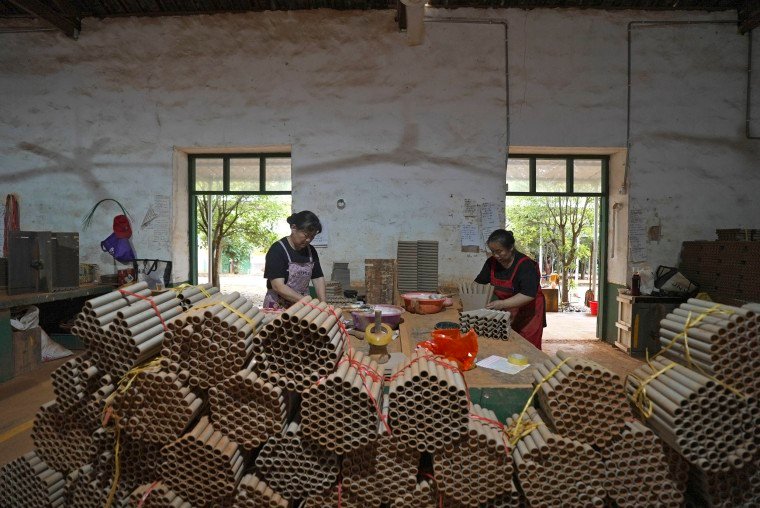Pape, who specialises in international security affairs, pointed to what he called the “Wuhan model” – integrated university-industry clusters in second-tier Chinese cities that focus on advanced manufacturing, which he said opened up possibilities for reinvigorating rust-belt cities in the US.

“They’re integrating university research in private industry. But it’s not just happening in Stanford and Silicon Valley or Harvard, MIT and the Boston area. This is happening in a second-tier city,” Pape said.
He made the remarks after a 10-day trip to China last month when he visited some of the country’s big tech firms in cities including Wuhan, Hangzhou and Shenzhen.
Wuhan – capital of central Hubei province and home to a hi-tech manufacturing cluster known as Optics Valley – has traditionally been seen as a second-tier city but in recent years has moved into the ranks of the “new first-tier cities” as its innovative and industrial strength has grown.
Pape’s visit took place amid a temporary de-escalation of the US-China trade war following separate talks in Geneva and London in June.






